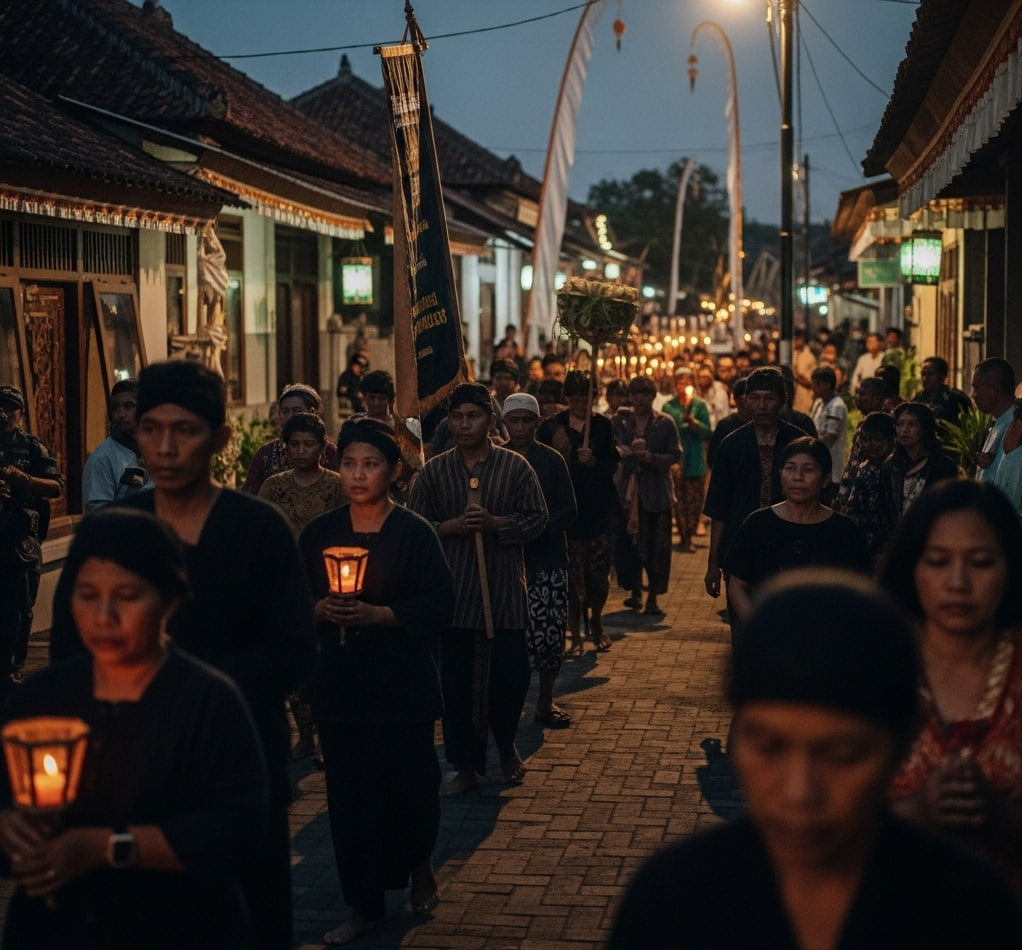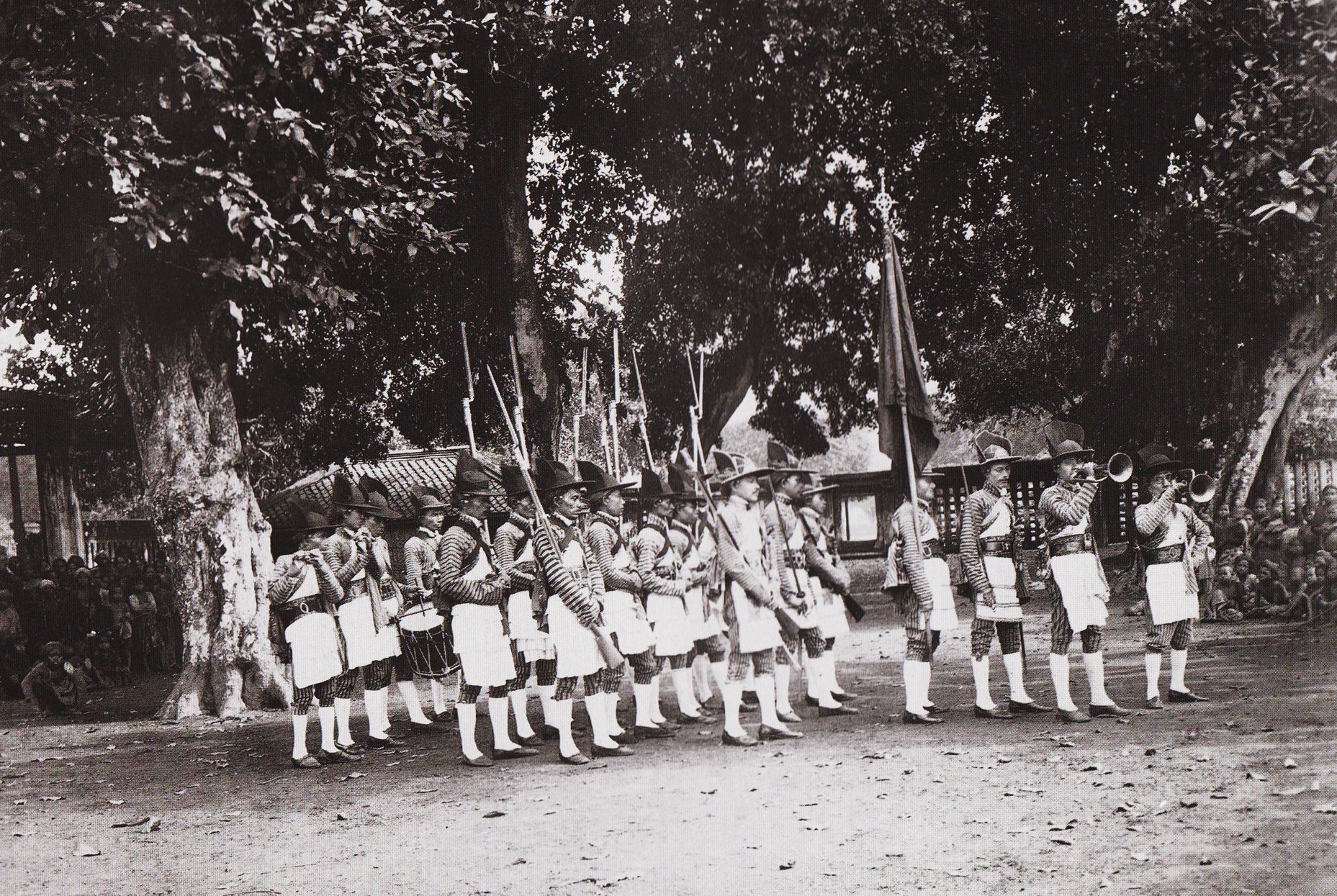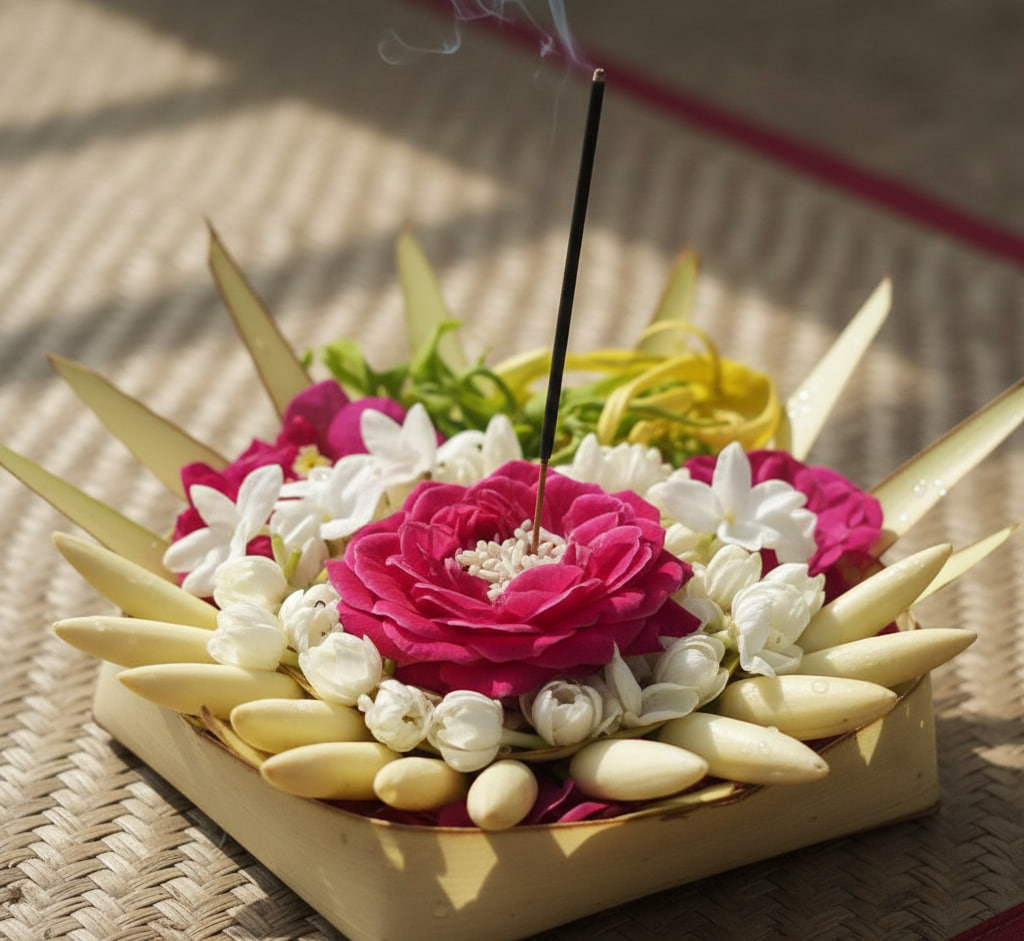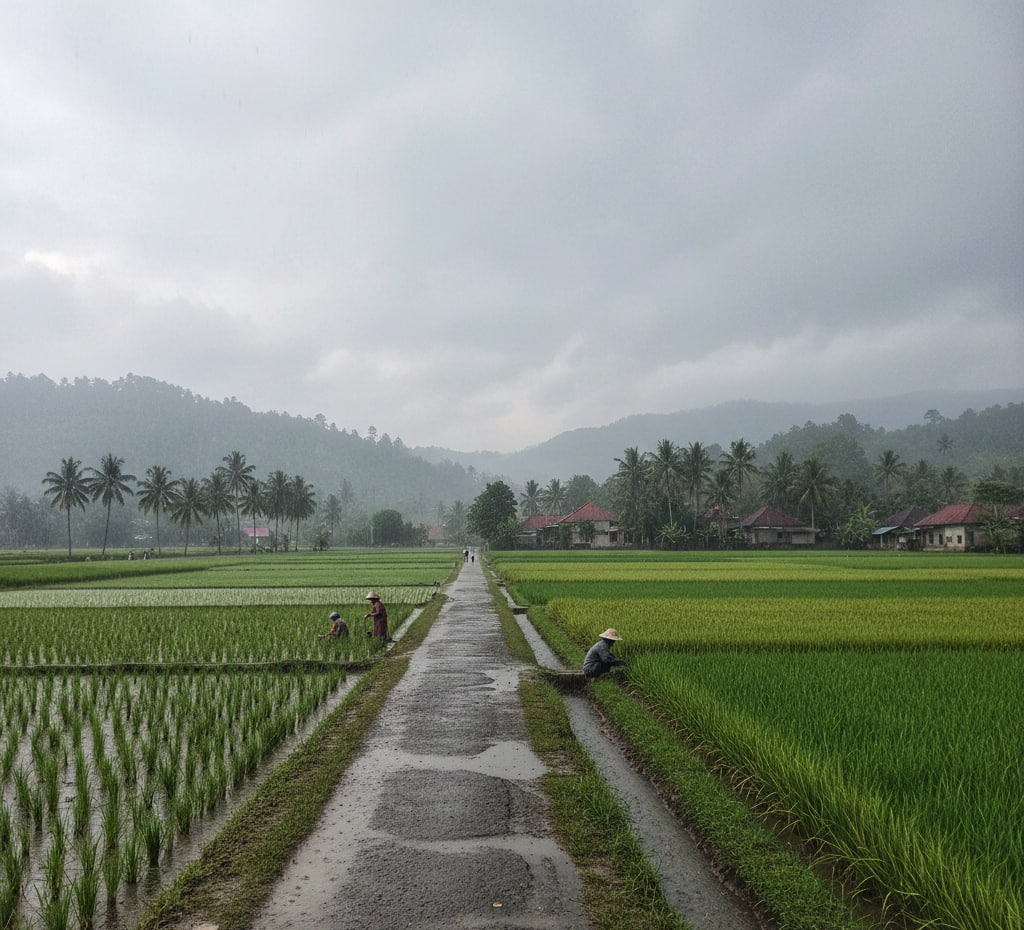News
Tapa Bisu: A Silent Tradition of Satu Suro Night
The night of Satu Suro in Yogyakarta is not merely about barefooted footsteps quietly circling the palace fortress. It’s about chosen silence, not forced stillness. It’s about Tapa Bisu—a tradition that invites people to refrain from speaking, from making noise, both outwardly and inwardly.
Tapa Bisu is the heart of the Mubeng Beteng ritual, yet it can also stand alone as a form of modern asceticism deeply rooted in Javanese culture. In that silence, each participant is called to truly humble themselves—not just to fall silent verbally, but to quiet the ego and hush the noise within the soul.
Before the footsteps begin echoing gently along the dimming streets of Yogyakarta, the event typically opens with the chanting of tembang macapat. In the verses of these traditional Javanese songs are embedded prayers and hopes—not expressed through words, but through feeling. It is a form of communication that transcends language. A voice of the heart whispered to the sky.
Tapa Bisu is not just a ritual of silence. It is the highest form of contemplation. A time when a person returns to themselves, reflects on the path walked over the past year, and untangles the hopes stored for the year to come. In the quiet, everyone brings their own prayer, repentance, and plea for forgiveness to the Almighty.
What’s unique is how Tapa Bisu, in its soundless crowd, becomes a profoundly personal experience. Thousands walk together, but do not greet each other. No small talk, no selfies, no chatter. Everyone is immersed in a kind of collective stillness that borders on the mystical.
For many, joining Tapa Bisu feels like embarking on a journey inward. The only sounds are the heartbeat and the footsteps. Often, the moment stirs quiet tears—tears of emotion, of regret, or simply of feeling so close to something greater than oneself.
Tapa Bisu is a reminder that in a noisy life, we need pause. We need a space for silence. We need time not to speak, but to listen—especially to ourselves. Because perhaps, in that silence, the answers we've been searching for are quietly whispering.
This tradition endures not only because it is a cultural inheritance, but because it meets a deep spiritual need—even in the modern world: the need to be still for a moment and return to our inner selves. And Yogyakarta, in all its magic, still offers that space every Satu Suro night.



